Gastric Helicobacter species associated with dogs, cats and pigs
This article focuses on the pathogenic significance of Helicobacter species naturally colonizing the stomach of dogs, cats and pigs. These gastric "non-Helicobacter (H.) pylori Helicobacter species" (NHPH) are less well-known than the human adapted H. pylori. Helicobacter suis has been associated with gastritis and decreased daily weight gain in pigs.
Several studies also attribute a role to this pathogen in the development of hyperkeratosis and ulceration of the non-glandular stratified squamous epithelium of the pars oesophagea of the porcine stomach. The stomach of dogs and cats can be colonized by several Helicobacter species but their pathogenic significance for these animals is probably low. Helicobacter suis as well as several canine and feline gastric Helicobacter species may also infect humans, resulting in gastritis, peptic and duodenal ulcers, and low-grade mucosa-associated lymphoid tissue lymphoma.
These agents may be transmitted to humans most likely through direct or indirect contact with dogs, cats and pigs. Additional possible transmission routes include consumption of water and, for H. suis, also consumption of contaminated pork. It has been described that standard H. pylori eradication therapy is usually also effective to eradicate the NHPH in human patients, although acquired antimicrobial resistance may occasionally occur and porcine H. suis strains are intrinsically less susceptible to aminopenicillins than non-human primate H. suis strains and other gastric Helicobacter species.
Virulence factors of H. suis and the canine and feline gastric Helicobacter species include urease activity, motility, chemotaxis, adhesins and gamma-glutamyl transpeptidase. These NHPH, however, lack orthologs of cytotoxin-associated gene pathogenicity island and vacuolating cytotoxin A, which are major virulence factors in H. pylori. It can be concluded that besides H. pylori, gastric Helicobacter species associated with dogs, cats and pigs are also clinically relevant in humans.
Although recent research has provided better insights regarding pathogenic mechanisms and treatment strategies, a lot remains to be investigated, including true prevalence rates, exact modes of transmission and molecular pathways underlying disease development and progression.
“Gastric Helicobacter species associated with dogs, cats and pigs: significance for public and animal health”. Emily Taillieu, et al. Vet Res. 2022 Jun 13;53(1):42. doi: 10.1186/s13567-022-01059-4.


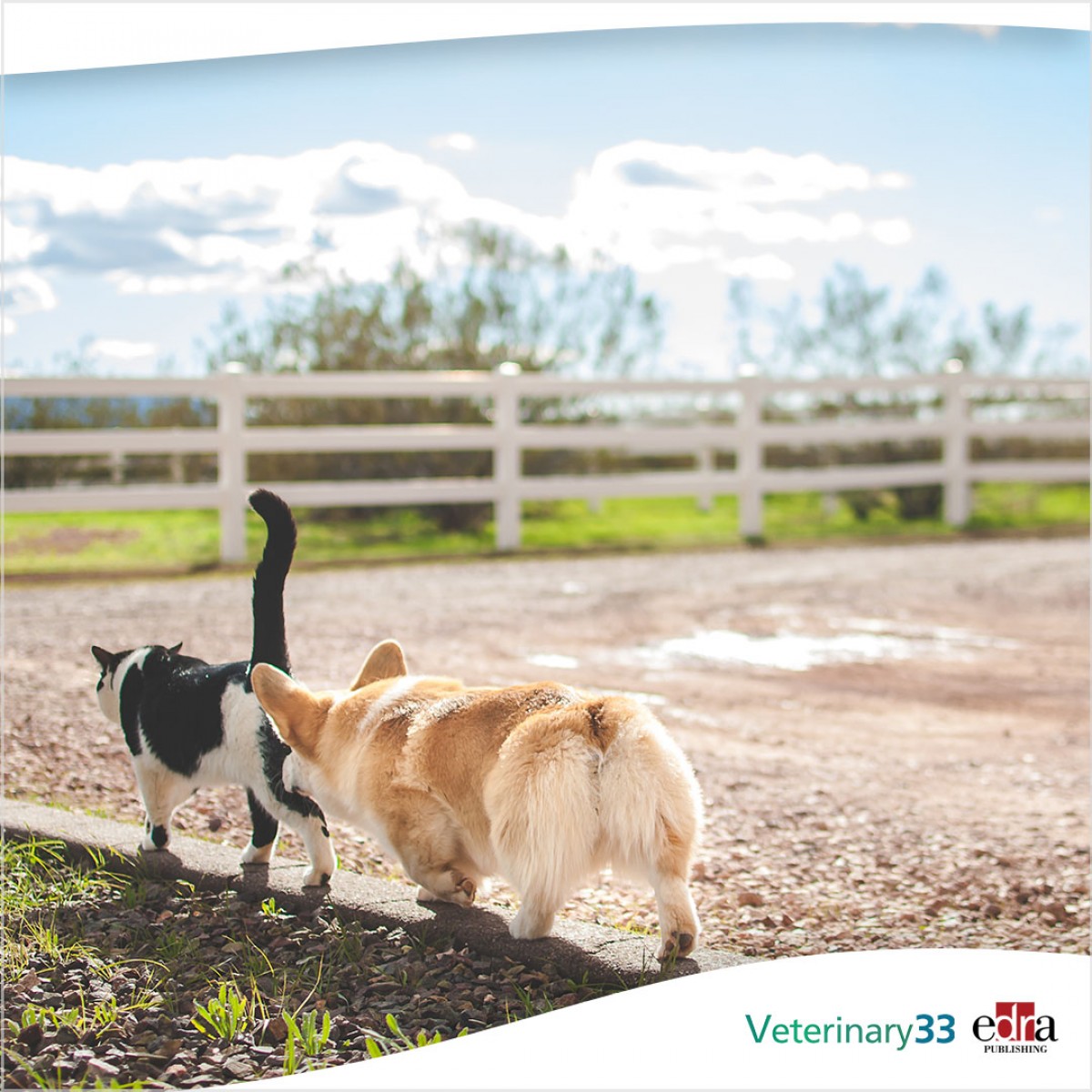






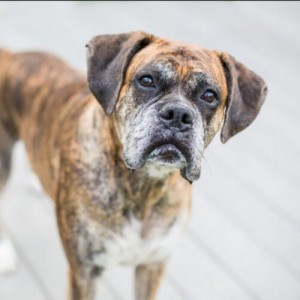
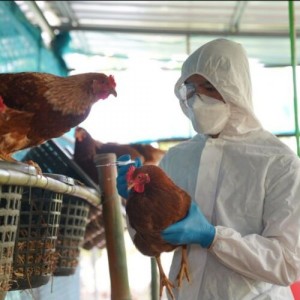
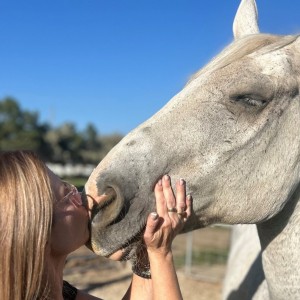
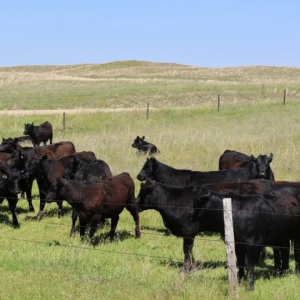

List
Add
Please enter a comment